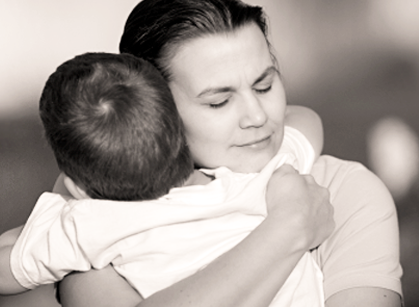 All parents endure stress, but studies show that parents of children with developmental disabilities, like autism, experience depression and anxiety far more often. Struggling to obtain crucial support services, the financial strain of paying for various therapies, the relentless worry over everything from wandering to the future — all of it can be overwhelming.1
All parents endure stress, but studies show that parents of children with developmental disabilities, like autism, experience depression and anxiety far more often. Struggling to obtain crucial support services, the financial strain of paying for various therapies, the relentless worry over everything from wandering to the future — all of it can be overwhelming.1
The results of a new study showing the positive impact of intervention programs run by mothers of children with disabilities for mothers of children with disabilities was published in Pediatrics this week. Participants experienced improvements in mental health, sleep and overall life satisfaction and showed less dysfunctional parent-child interactions.
Taking care of this parent population is a critically important issue. As the lead author of the study, Elisabeth Dykens, Ph.D., points out, " with the high prevalence of developmental disabilities – about one in five children – and the fact that most adult children with intellectual disabilities remain at home with aging parents, we have a looming public health problem on our hands.” 2
One of the key differentiators of this experiment was that it was targeted to adults, not their children, and it was not focused on sharpening parenting skills. Instead, parents learned ways to tackle their distress as problems arise. The idea is to stop wasting energy resisting the way life is.1
1 http://www.nytimes.com/2014/07/29/health/when-the-caregivers-need-healing.html?src=me
2- http://news.vanderbilt.edu/2014/07/mothers-of-children-with-autism-benefit-from-stress-reduction-intervention-study/

